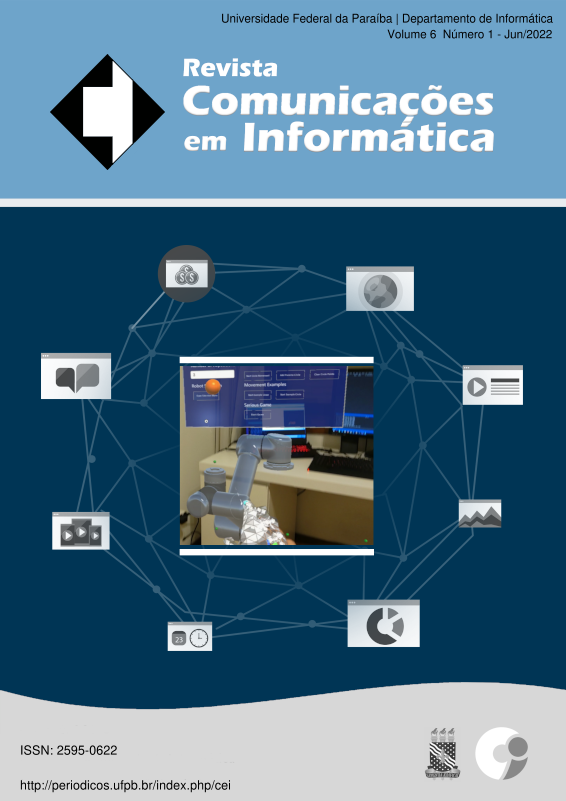Can We Trust Virtual Simulators for Health Education? A Study on Evaluation and Indicators of Accuracy and Reliability
DOI:
https://doi.org/10.22478/ufpb.2595-0622.2022v6n1.62708Palavras-chave:
Virtual Reality, Computer SimulationResumo
Virtual simulation is capable of computationally recreating real environments and interactions. The goal of this study is to analyze papers on virtual simulations for health training to understand how educational and software quality assessments occur and how they can impact the reliability of these tools. It was observed that the participation of specialists in the elaboration of the requirements is common and can significantly collaborate with the detailing of information and with the educational approach of the virtual simulator. The evaluation of the simulators occurs considering almost exclusively aspects related to the application interface and through questionnaires. Researches related to long-term effects of skill acquisition mediated by simulators are necessary. Finally, it also observed that interdisciplinarity in development teams is essential to ensure the reliability of virtual simulators.


